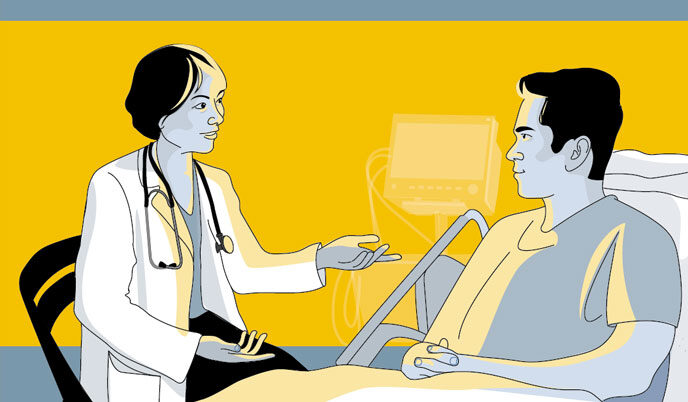
When doctors sit, patients feel better
A new study indicates that the simple act of a doctor sitting in a chair during hospital bedside discussions improved the experience for physicians and patients alike.
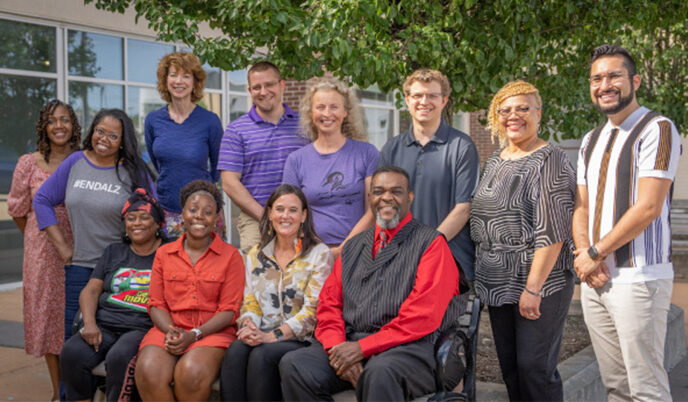
Researchers pursue easier, earlier detection of Alzheimer’s disease in Black adults
A blood biomarker and a method of testing cognitive processes such as memory and thinking could hold promise for identifying middle-aged Black people who are at risk for later developing Alzheimer’s disease, according to a new study from the University of Wisconsin School of Medicine and Public Health.

UW awards funding to improve maternal, child health throughout Wisconsin
The University of Wisconsin School of Medicine and Public Health has awarded four grants to help health systems and community partners in the state improve the health outcomes of mothers and their infants during the prenatal and postpartum periods.

Inflation Reduction Act’s cap on insulin out-of-pocket costs boosts prescription fills
The Inflation Reduction Act $35 cap on out-of-pocket costs for insulin led to increases in the total number of filled insulin prescriptions for Medicare beneficiaries, according to a new study by researchers at the University of Wisconsin School of Medicine and Public Health and the University of Southern California Schaeffer Center for Health Policy & Economics.
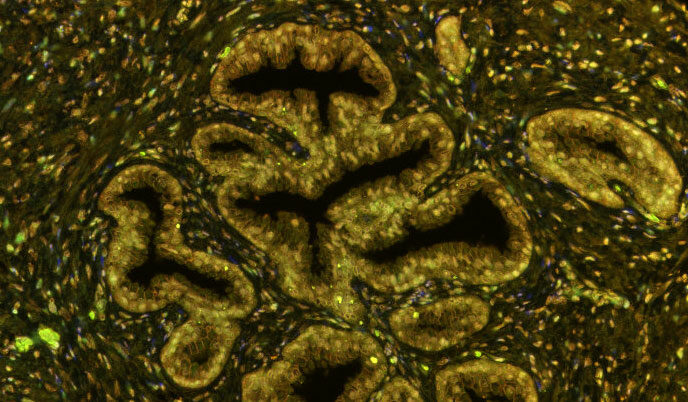
UW Carbone Cancer Center receives SPORE designation, federal grant to support prostate cancer research
University of Wisconsin Carbone Cancer Center will be designated as a Specialized Program of Research Excellence, or SPORE, by the National Cancer Institute (NCI) for research initiatives to advance new prostate cancer treatments.

UW Health, UW School of Medicine and Public Health launch UW Clinical Trials Institute
UW Health and the UW School of Medicine and Public Health are announcing the formation of the University of Wisconsin Clinical Trials Institute to advance health care innovations via clinical trials at UW–Madison.
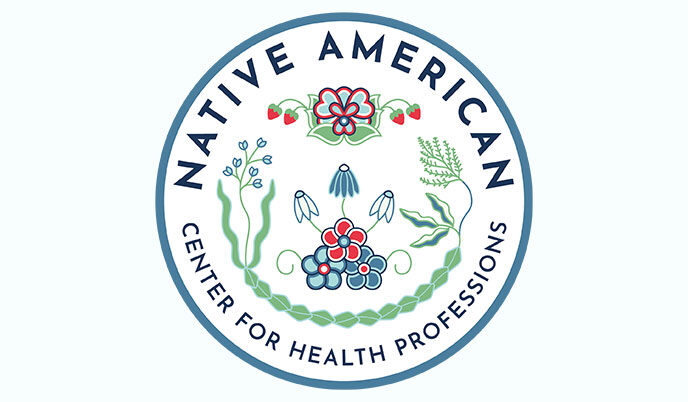
UW Native American Center for Health Professions receives funding to expand recruitment of indigenous students into health professions
A University of Wisconsin School of Medicine and Public Health center will be expanding its effort to recruit more American Indian/Alaska Native people into health professions.

UW School of Medicine and Public Health accepting applicants for grants to improve maternal and child health
Nonprofit health organizations in Wisconsin seeking to improve the health outcomes of mothers and their infants during the prenatal and postpartum periods have until May 30 to apply for funding from the University of Wisconsin School of Medicine and Public Health.
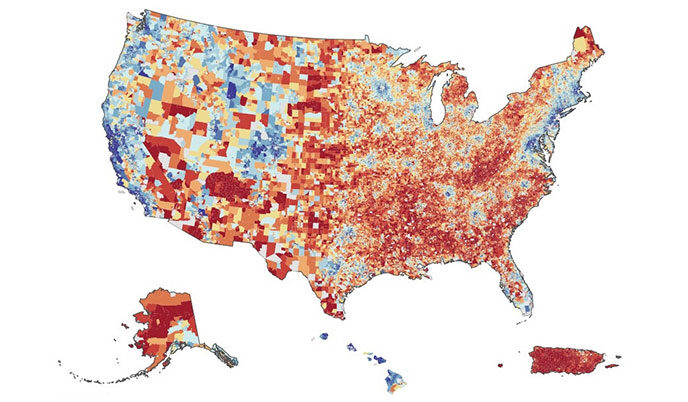
Federal agency uses UW–Madison Neighborhood Atlas research to shape national health policy
A data tool developed by UW–Madison researchers showing health-relevant metrics for every neighborhood in the United States is guiding a national model to help Medicare beneficiaries from under-resourced communities access health care more effectively.

New Osher Center for Integrative Health launches at UW–Madison
After more than a year of planning and development, the University of Wisconsin Integrative Health program officially opened the Osher Center for Integrative Health at University of Wisconsin‒Madison.

UW–Madison health professions schools partnership in continuing education earns reaccreditation with commendation
The University of Wisconsin–Madison Interprofessional Continuing Education Partnership (ICEP), which offers continuing education for practicing healthcare providers throughout their careers, earned special recognition during its recent reaccreditation cycle.
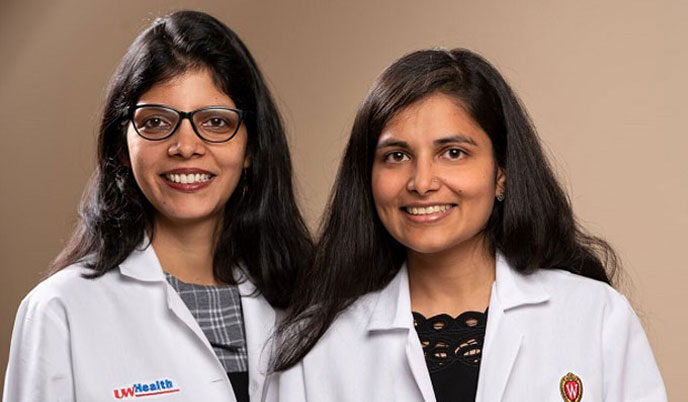
Lupus much more likely to cause cardiovascular problems in Black patients
A population-based study of the autoimmune disease lupus in Black patients shows that the risk of cardiovascular disease is strikingly high in young patients –19 times higher than in non-Blacks in the first 12 years after diagnosis – and may be predicted by a characteristic rash.